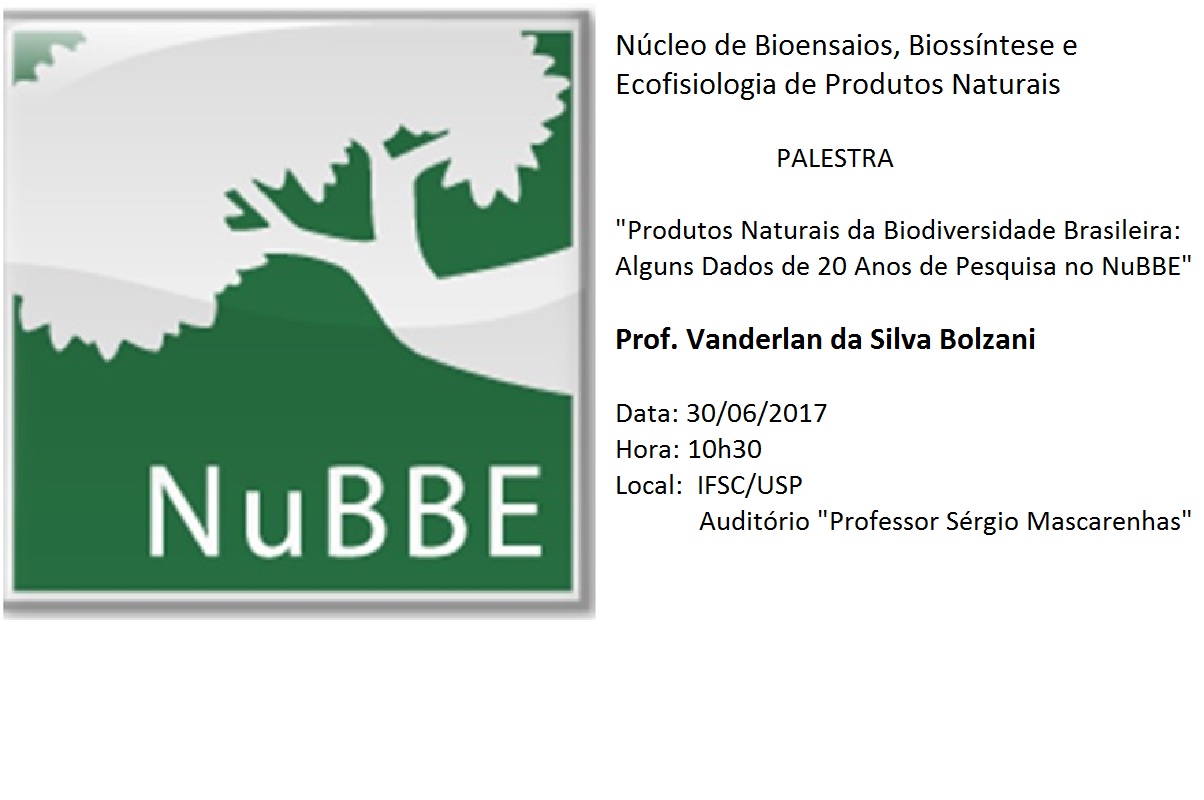 Plant species biosynthesize a wide variety of secondary metabolites, playing a vital role in regulating and adapting organisms in a given ecosystem. They are also very important for regulating various functions that are fundamental to the interactions: plant/plant, plant/insect, plant/animal; resistance against pests and diseases; attraction of pollinators and interaction with symbiotic microorganisms, essential for the maintenance of terrestrial and marine biodiversity.
Plant species biosynthesize a wide variety of secondary metabolites, playing a vital role in regulating and adapting organisms in a given ecosystem. They are also very important for regulating various functions that are fundamental to the interactions: plant/plant, plant/insect, plant/animal; resistance against pests and diseases; attraction of pollinators and interaction with symbiotic microorganisms, essential for the maintenance of terrestrial and marine biodiversity.
Natural products are important for understanding this fascinating gear which is the chemical-biological diversity of nature and valuable molecular models for the synthesis and discovery of new models of drugs and other bioproducts. Thus, the rich Brazilian biodiversity is an excellent source of new knowledge for several areas of research, especially biological, chemical and pharmacological sciences, including medicinal chemistry and the discovery of new drugs.
The BIOTA / FAPESP program was created in March 1999 and among the several projects that started this program, the first one is focused on the search for bioactive natural products of the Cerrado and the Atlantic Forest of the State of São Paulo, with the objective to identify hits and leads from our biodiversity. In these 20 years of research at NuBBE, more than 700 substances have been isolated, a few examples will be highlighted at this conference, where the substances with the highest potential as prototypes will be presented.
As a result of the set of information stored in the NuBBE during this period, recently two major projects were approved: CEPID CIBFar (Coordination by Prof. Glaucius Oliva, IFSC-USP, São Carlos, process No. 2013 / 07600-3) and INCT NioNat (Coordination by Vanderlan S. Bolzani, CNPq Process: 465637 / 2014-0 and FAPESP No. 2014 / 50926-0) the researches were directed towards the natural products already isolated, with potential for further development, targeting potential bioproducts. In this premise, the first database of natural products of Brazilian biodiversity is also being organized and this data will be presented. For some bioactive natural products isolated in low concentration, but with potential for more advanced pharmacological and toxicological tests, they were selected for synthesis, aiming at a higher concentration of the active principles for proof of concept.
Source:





